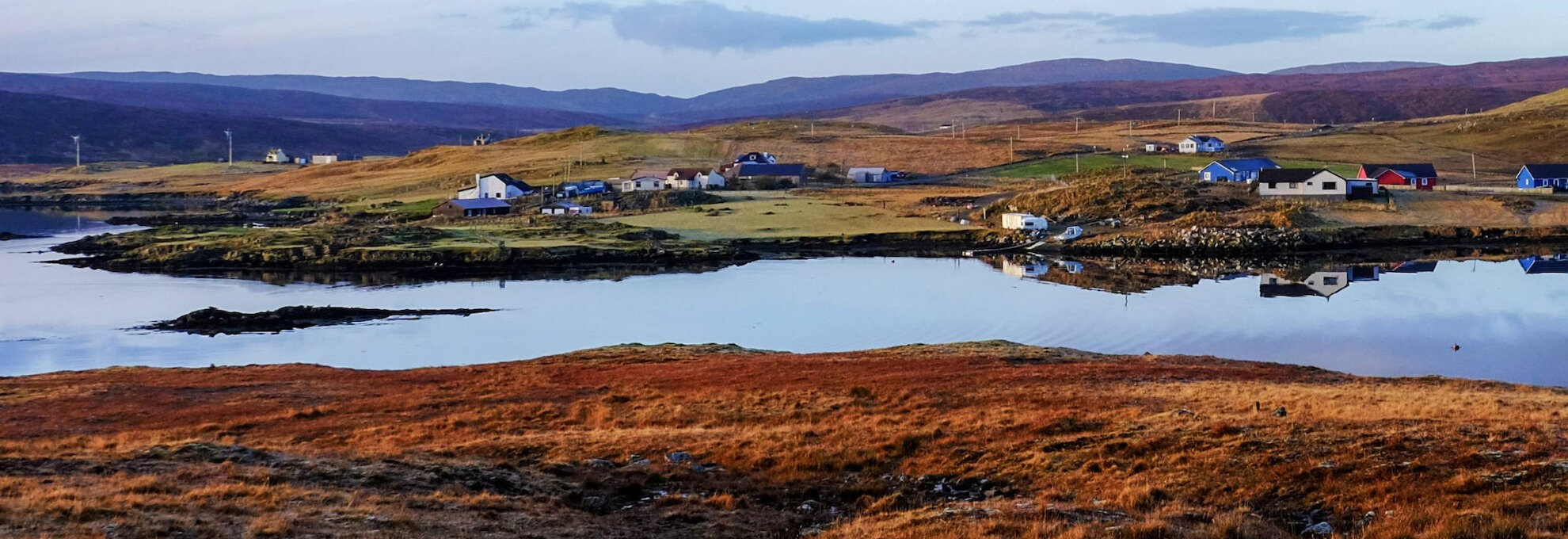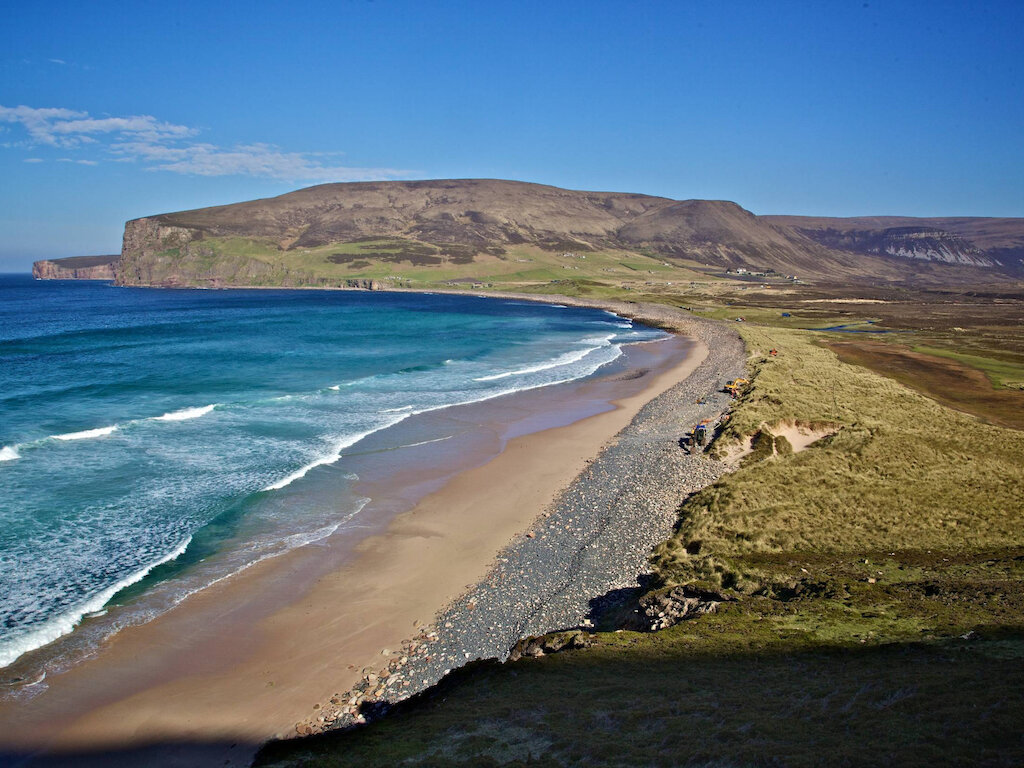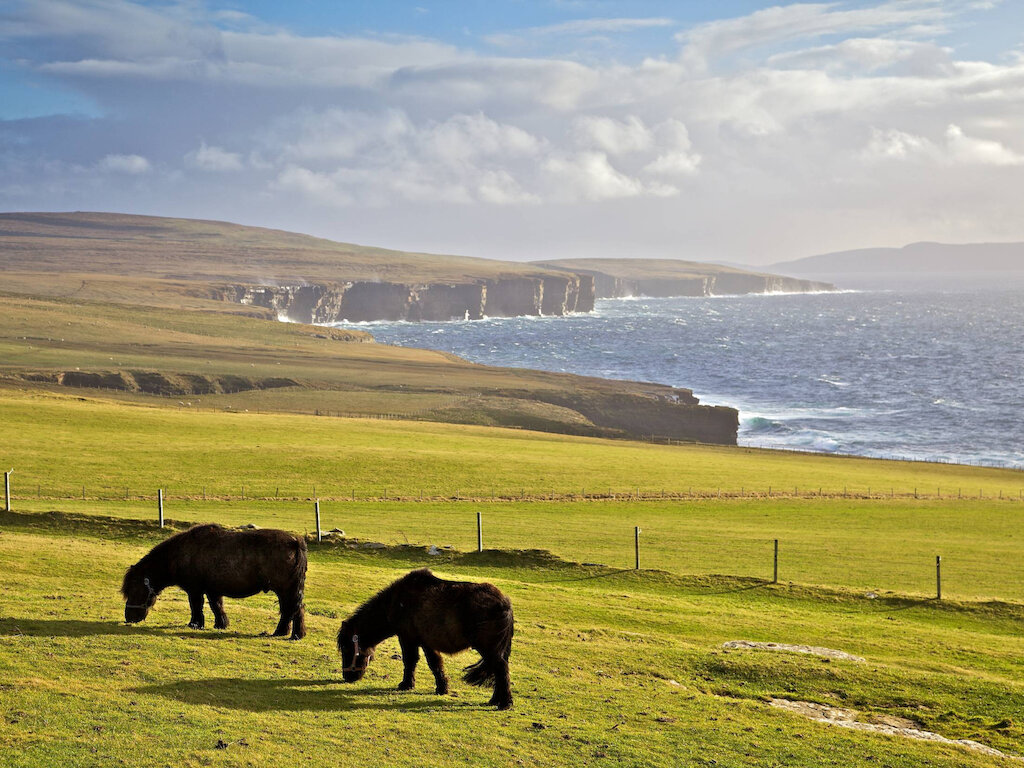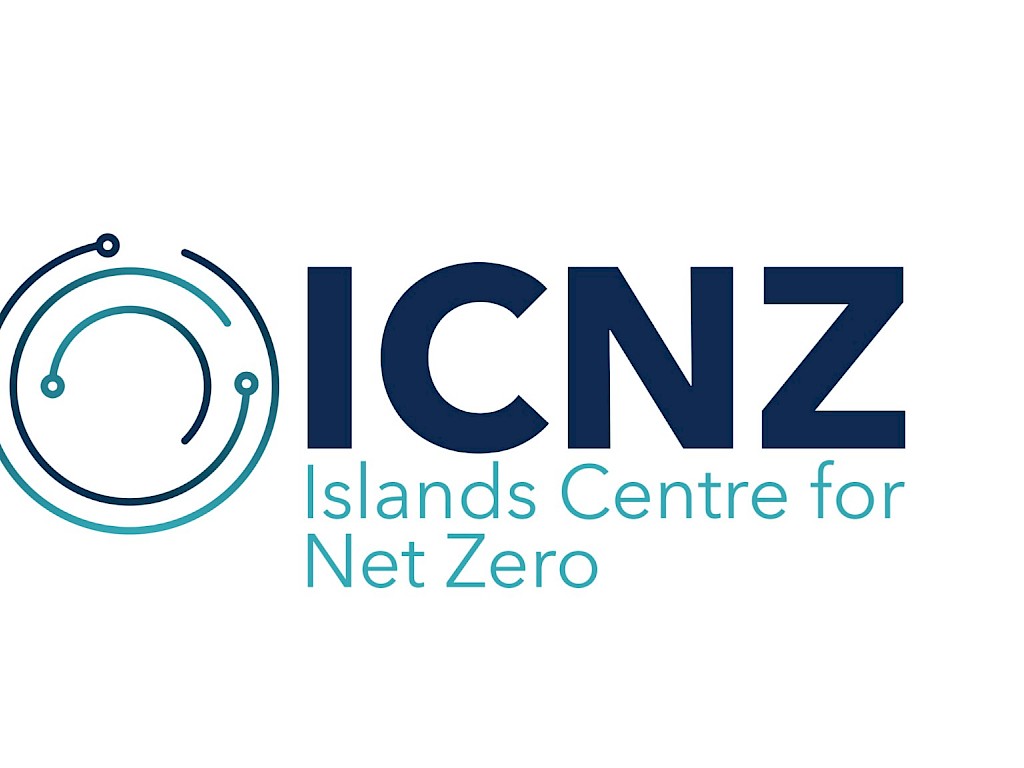Developed by an Islands based consortium led by the European Marine Energy Centre (EMEC) with partners Heriot Watt University, Aquatera and Community Energy Scotland and the three Island’ Councils.
The centre will support the exploration, trialling and acceleration of solutions to decarbonisation that could have replicability worldwide.
The scale of the challenge of decarbonisation
The islands have diverse and complex economies due to the combination of remoteness, natural resources, climate and economic heritage, with a reliance on petroleum products for energy across all sectors. Sustaining our island communities requires a significant amount of energy, which creates significant carbon emissions. Scotland’s islands have been at the forefront of efforts to decarbonise electricity and are now collectively focussed upon decarbonising their whole systems.
The islands are set to become major renewable energy hubs for onshore and offshore energy, with the potential to provide over 10% of the UK’s energy generation from wind, wave and tidal energy[1] ensuring security of supply and improving national resilience. However, many aspects of current arrangements are counterintuitive to achieving the system we need, designed for a radial, fossil-fueled system of the past. Transition to net zero requires new joined-up thinking, holistic perspectives, action research directly with fossil energy producers and users, and the freedom to trial novel solutions at different scales.
Our island communities can be leading lights for energy transition
Like the effects of global warming, the challenge of decarbonisation are hardest felt at the peripheries. The islands are both at the edge of the energy grid, as well as being some of the remotest places to live in the UK.
As is well-known to the 72,000 people living across Orkney, Shetland and Western Isles, this challenging geography demands and drives innovative thinking – the islands frequently test the boundaries and assumptions of existing systems and regulations. If the renewable future is to be decentralised, the peripheries need to be centre stage to making that system work.
The findings and interventions identified and delivered through the ICNZ providing models for islands transition which will have relevance to the national and international context.
Achieving a Just Transition
The ICNZ has significant potential to deliver solutions to the UK Government Levelling Up and Scottish Government Social Justice agendas. These having increased significance in current terms arising from the cost of living and energy crises which put added pressure on remote and cold weather communities – designing and delivering solutions to energy security which have genuine value in terms of job creation and affordability.
ICNZ will undertake the proactive, quality stakeholder engagement only possible at the local level, that is representative of all voices, with the expertise to help make the decarbonisation solutions identified a reality.
Our Islands - Our Deal
[1] Based on internal analysis undertaken by Aquatera on the offshore and onshore renewable energy potential in the areas surrounding Shetland, Orkney and the Western Isles




